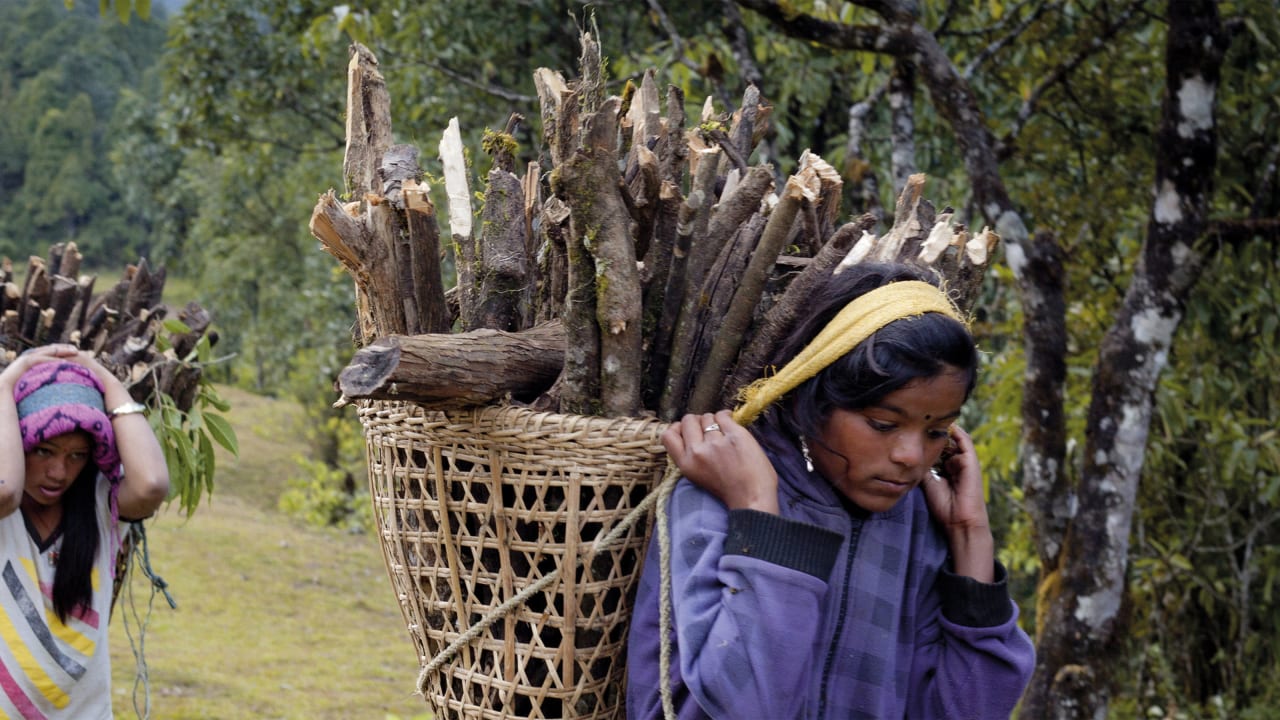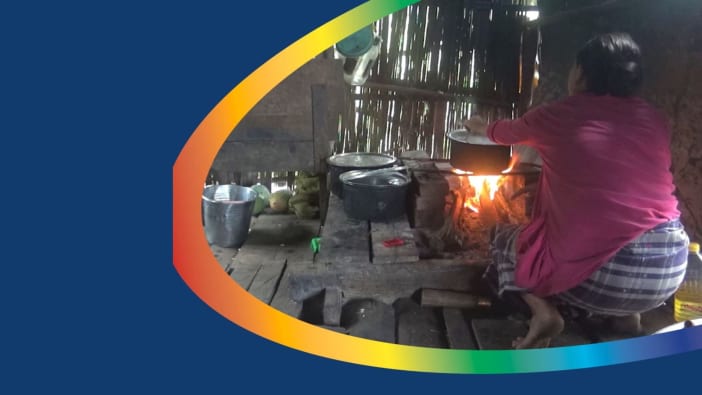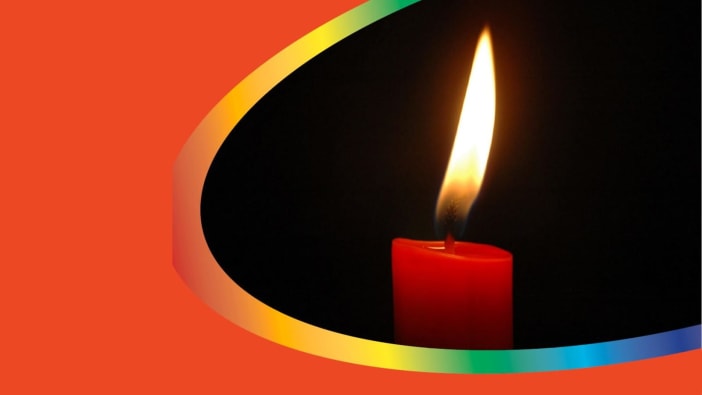Women often have a greater responsibility for household duties than men. This is particularly the case in rural areas, where many women spend a lot of time collecting firewood, preparing food, cooking and cleaning.
Access to electricity has the potential to reduce the time that women and girls spend carrying out these tasks, allowing them to engage in other activities such as education, enterprise and leisure.
However, rather than making assumptions about what women want, it is extremely important that women are asked what their priorities for electricity are, and that they are fully involved in the development and implementation of any electrification projects.
Myanmar study
Through a combination of focus groups, interviews and surveys, local organisation Spectrum asked women and men across 11 villages in Myanmar to discuss their thoughts about electricity.
The respondents observed five key advantages, and the women prioritised them in the following order: education, care-work, business, leisure, cooking.
1. Education
The women’s primary desire for electricity related to its ability to improve their children’s education, including allowing them to study at night. In contrast, only a quarter of men identified this as a key advantage.
2. Care-work
A third of women and ten per cent of men mentioned care-work. Examples ranged from cleaning and ironing to looking after children’s healthcare and hygiene needs. Many women said that public lighting would make it safer for them to take their children to the hospital at night.
3. Business
Among those who did not have electricity, 36 per cent of women and 54 per cent of men wanted to use it to start some form of business.
Most men wanted to start energy-intensive businesses such as carpentry, welding and printing. In contrast, the businesses women mentioned tended to build on activities they were already involved in such as agriculture or cooking food to sell. For many women the only resource required was the additional working time provided by lighting.
4. Leisure
Both men and women saw leisure as a core benefit with more than a quarter saying they would enjoy watching television, listening to the radio, socialising and buying luxury goods such as cold drinks.
However, the survey also revealed that the use of electricity for leisure activities is often a benefit only available to the wealthy.
5. Cooking
The opportunity to stop using wood-based cooking methods is frequently seen as a particularly important benefit of electricity because it frees up time for other activities, improves health through reduced smoke inhalation and reduces deforestation.
However, while women spoke a lot about their desire for a light in the kitchen, very few said they wanted to use an electric cooker. Many felt that their meals would not be as high quality, or that electric stoves would not allow them to complete other chores at the same time as cooking.
Different needs
It is clear that women and men in Myanmar have different needs and priorities for electricity and this is likely to be the case in most, if not all, communities across the world.
It is therefore crucial that community members whose opinions are often overlooked (eg women, children and people living with disabilities) are fully involved in making decisions about electricity schemes and other forms of power such as biogas. Otherwise, the people who benefit the most are likely to be the most wealthy and influential members of society, leaving the vulnerable even further behind.










